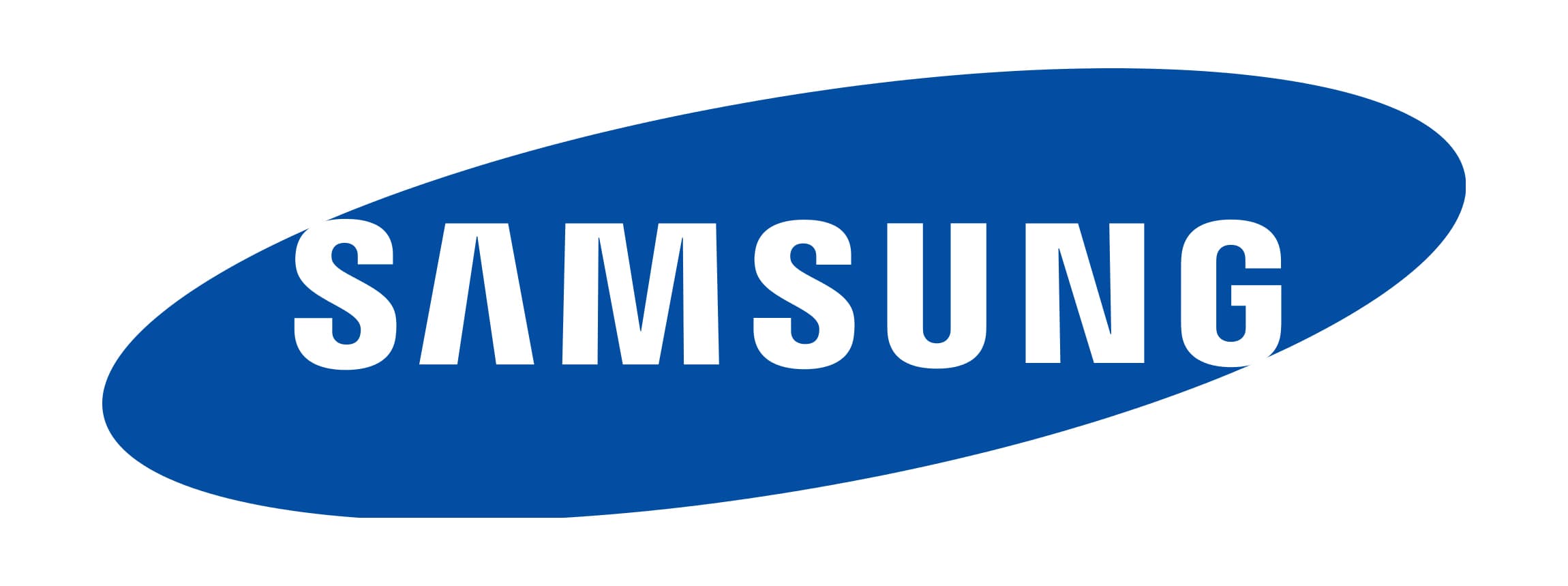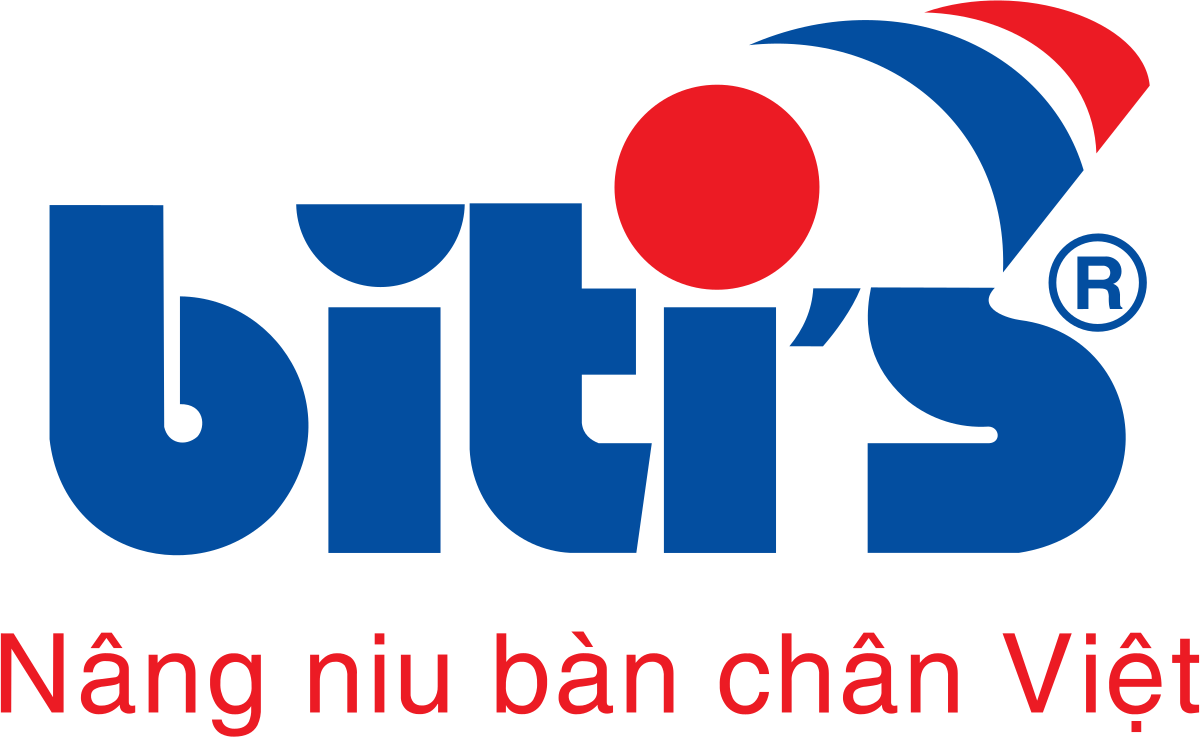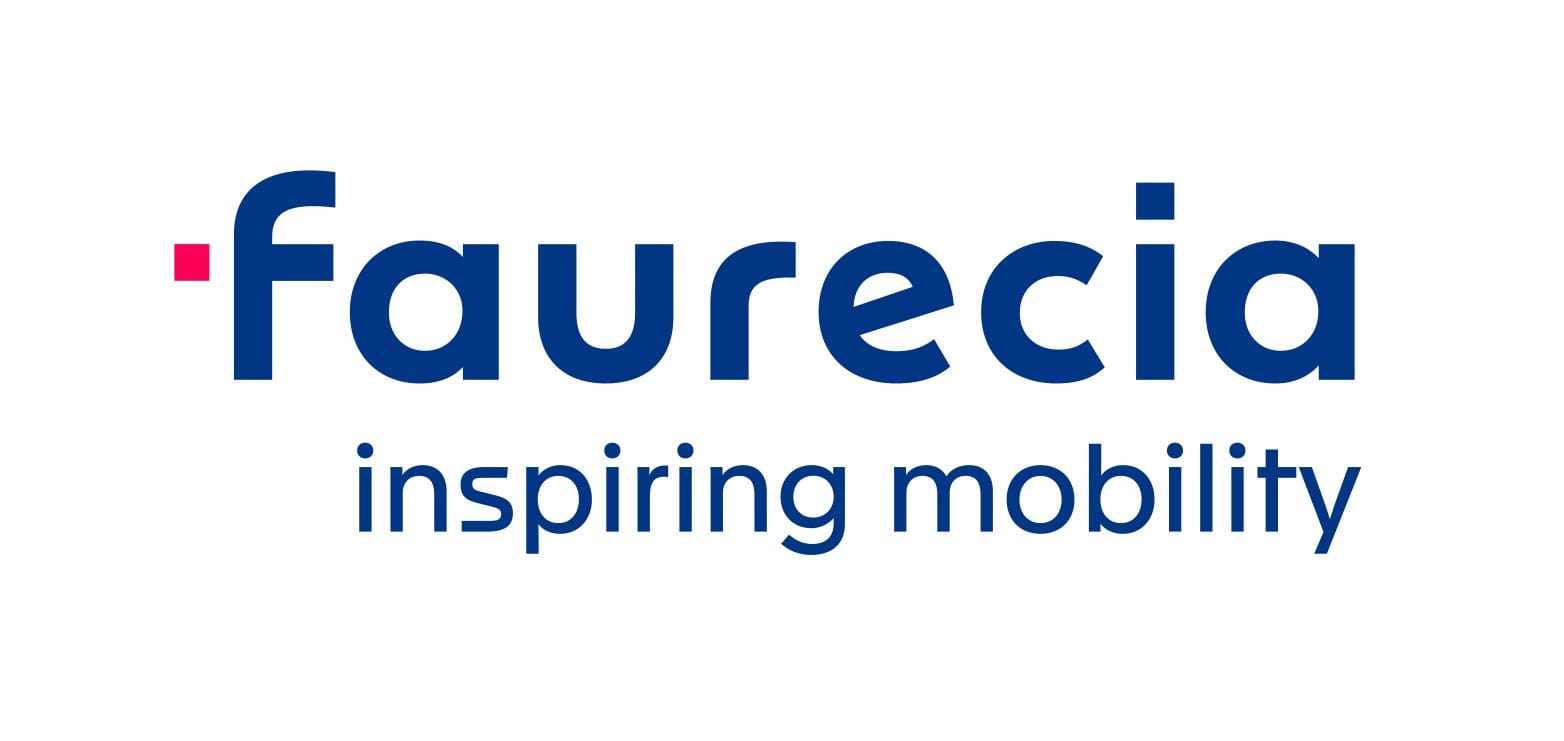There are many ways organizations are actively reducing the quantity of plastic waste they produce. Through a series of articles, we are highlighting five approaches that partners of our Deplastify the Planet program have taken. In this article, discover how Faurecia has been searching for alternative materials and the implications that come with it.
Deplastify the Planet is a one-of-a-kind project-based class offered jointly by UC Berkeley (SCET) and Schoolab, a global innovation studio, where students work with real-world companies with a single goal in mind – ‘deplastify’ the planet. Students from all disciplines and backgrounds work in small teams on semester-long projects. Each team is paired with a corporate partner and spends the entirety of the semester brainstorming, building, testing, and solving for how to curb the excessive use of plastic.
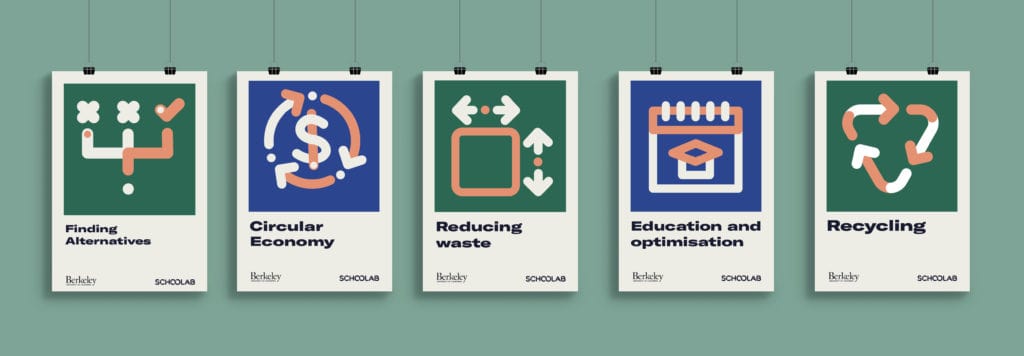
How are organizations reducing the impact of plastic on the environment?
The case of Samsung IoT: Using technology for optimizing waste management
Optimizing waste management using the IoT
An interesting portion of our plastic pollution problem could be addressed by the revaluation and innovation of existing systems. These processes range from recycling, upcycling, product labeling, and packaging to even education and material manufacturing. It is in this spirit that Samsung Strategy and Innovation Center decided to partner with the Deplastify the Planet program to bring a fresh perspective to some of their current systems. Much like a previous semester’s project in partnership with Nestlé, students looked to rethink Samsung’s products to tackle the plastic crisis by leveraging the Internet of Things (IoT).
First challenged to evaluate and understand post-consumer habits, Samsung wanted to know why people buy and dispose of products the way that they do. Properly sorting your waste means larger rates of diversion from landfills and oceans, but this success is mainly based on individual decisions. If everyone could properly separate their disposals, the process would be seemingly more successful and increasingly efficient. Now, this seems easy enough, but through research and conversations with customers, the Berkeley team discovered that in reality there are several major pain points.
First, understanding what is actually disposable versus recyclable is very complex, changing based on your county’s recycling abilities. This makes the sorting experience confusing and time-consuming – the opposite of user friendly. Second, most consumers do not understand the way that recycling actually works or even the impact their efforts and actions have, so many do not invest the time needed in order to learn and act accordingly.
Lastly, the team concluded that individual incentives are not significant enough to nudge people towards correct action in most situations. With these three ideas and problems in mind, the students got to work on a quicker, more effective way to change consumer habits and recycle properly.
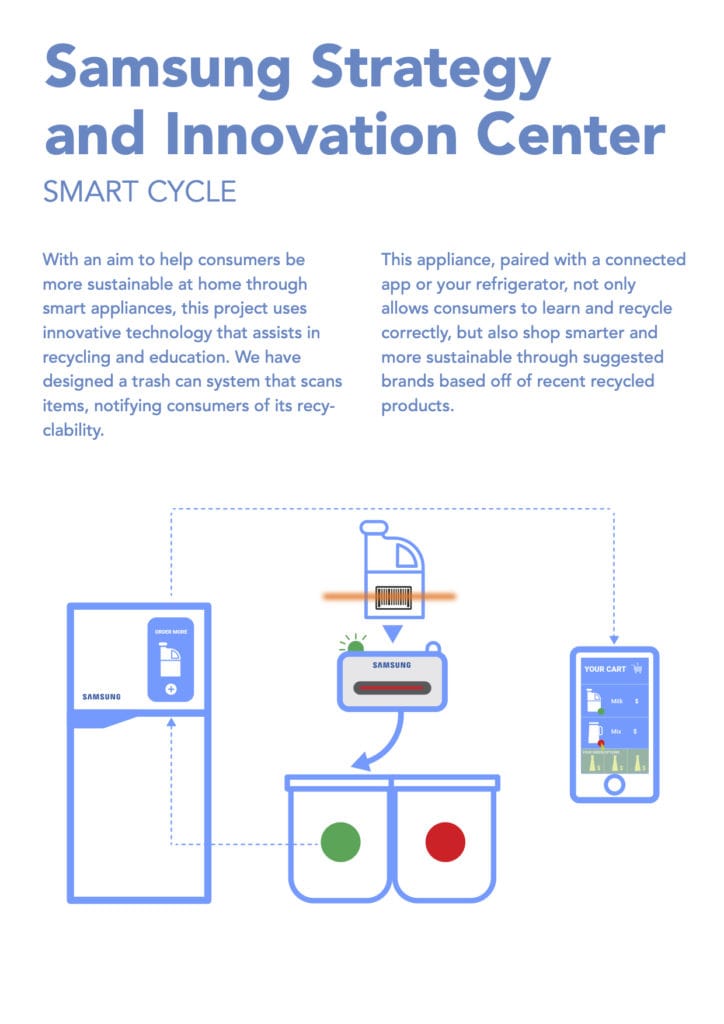
While each problem could have its own solution, the team wanted to create something multifaceted that would address all of the reasons that consumers have trouble with recycling. They came to a final solution: a connected bin system with an attached sensor that helps the user properly sort their waste, then leveraging the data collected by the sensor to offer further incentives to the consumer through other appliances. Just hold a product to the scanner, and it will tell you what bin that piece belongs in. The product would then utilize that data to provide further sustainable incentives like suggestions for more environmental products rather than the current disposable choices.
This solution boasts a creative way to use technology in order to assist people in sorting their plastic waste, all while educating them about the products they are using and finding ways to help them live a more sustainable lifestyle. Samsung can then explore the value of your post-consumer data, creating statistics, estimating and monitoring the impact that proper and vigilant sorting can have. This product means a step towards increasing that recycling rate while giving consumers a better understanding of what they buy, and how their actions affect the planet.
By working with Berkeley students on an existing system, Samsung gets a deeper understanding of consumers and the problems of our current waste management process while getting to take part in actually being the solution. With this new innovative idea in mind, as well as a plethora of others proposed by the students, Samsung gained an entirely new repertoire of ways to affect change through the individual.
Bringing students into this mix meant partnering with the next generation to imagine and design a better equipped, less plastic polluted future. Samsung is taking these student-generated ideas back in hopes to change perspectives and inspire new ways to help individuals through technology so that together, we can affect change.
Author: Veronica Cargay, Deplastify the Planet Class coordinator, UC Berkeley – with contribution from Alpin Yukseloglu, UC Berkeley.

